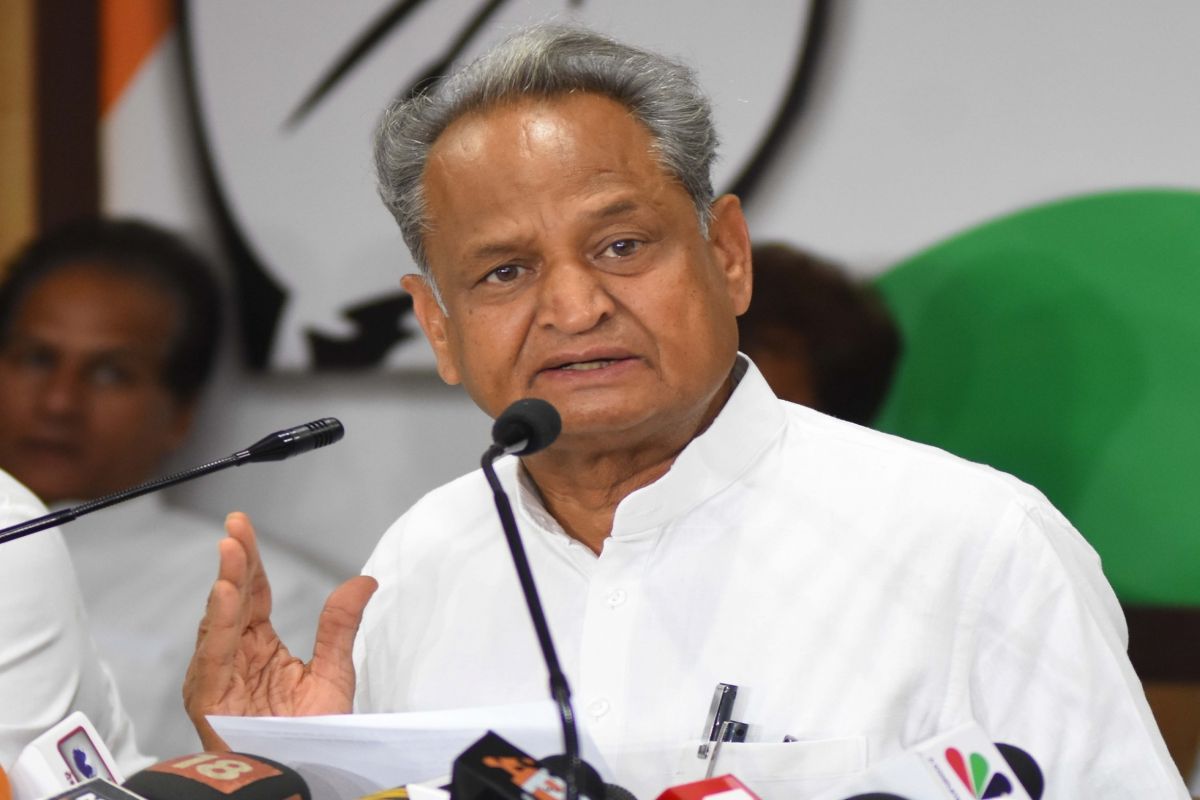With the Congress government of Mr Ashok Gehlot having won a vote of confidence in the Rajasthan assembly, the crisis that had rocked the state for several weeks would appear to have ended, at least for now. But the issues that led to the problems for the government have only been kept aside for the moment and may surface again unless the Congress holistically examines various aspects of its functioning, especially how it handles simmering tensions between various groups of leaders.
The government survived mainly because of the wiles of Mr Gehlot, who astutely assessed that his younger rival, Mr Sachin Pilot, had overreached himself. Mr Gehlot was able to outflank both Mr Pilot and the Bhartiya Janata Party, which without question played a role from behind the scenes to try and grab power. But just as Mr Gehlot’s role needs to be emphasised, it is important also to note that the crisis was marked by the stupefied inertia of the party’s top leaders, especially its interim President.
Advertisement
The final parleys between Rahul and Priyanka Gandhi on the one hand and Mr Pilot on the other did not clinch peace as their acolytes might have you believe, but merely sugar-coated the surrender of the former Deputy Chief Minister who had by then realised he was out of options and needed a face-saver to facilitate his return to the fold. But even at that stage, Mr Gehlot’s camp made it a point to orchestrate cries of protest from some MLAs over the return of those who had left with Mr Pilot until the Chief Minister made a public show of pacifying them in the interests of party unity.
The consolation that Mr Pilot has been left with for now with is a somewhat vague promise of a roadmap for the future that will address the concerns raised by his supporters and him. But by now Mr Pilot should have acquired enough political savvy to realise that such political roadmaps often end in culs-de-sac, especially when they are preceded by the naked acrimony that Mr Gehlot displayed towards him at the height of the crisis.
The inert central leadership of the Congress must realise that like Mr. Gehlot, other regional satraps will, in the future, be less inclined to trust its ability to tackle crises and will find it both necessary and expedient to manage their own affairs and problems. This will further weaken the already tenuous grip of the party’s central leadership over its constituent units. It is for this reason that enlightened Congressmen must seek to find ways to energise the party’s core, if necessary by forcing the hands of the interim President and her children by telling them it is time to fish or cut bait.
Ad hoc arrangements cannot be in place interminably, and if the Congress believes it has the bandwidth to rule the country or even parts of it, this can only happen with leaders who treat politics as a full-time vocation.









